What is beta-carotene used for in cosmetics?
In the world of beauty and skincare, consumers are increasingly drawn to products that are not only effective but also naturally derived. Among the natural ingredients gaining popularity in cosmetics is beta-carotene, a powerful antioxidant and pigment sourced from fruits and vegetables. Known as the compound that gives carrots, pumpkins, and sweet potatoes their vibrant orange hue, beta-carotene has moved beyond the kitchen and into the cosmetic industry.
But what exactly is beta-carotene used for in cosmetics, and why has it become such a sought-after ingredient? In this comprehensive guide, we’ll explore its properties, benefits, and applications across skincare, haircare, and personal care products—along with its role in promoting healthier, radiant skin.
What is Beta Carotene?
Beta-carotene, a brilliant red-orange pigment found in many fruits and vegetables, has long been associated with the color of particular foods. However, its significance goes much beyond that of a colorant. This natural component belongs to the carotenoid family, which contains vital minerals with strong antioxidant capabilities. Beta-carotene is well-known for its function in improving overall health and well-being, particularly in skin health. Antioxidants are critical in protecting the body from dangerous free radicals, which are unstable chemicals that can damage cells and lead to aging and other health problems. Beta-carotene is a powerful antioxidant that aids in the neutralization of free radicals and the reduction of oxidative stress.

Understanding Beta-Carotene
A Natural Carotenoid
Beta-carotene belongs to the carotenoid family, a group of plant-derived compounds responsible for the red, orange, and yellow pigments in many fruits and vegetables. It is classified as a provitamin A carotenoid, meaning the body can convert it into vitamin A (retinol), an essential nutrient for skin and vision.
An Antioxidant Powerhouse
As an antioxidant, beta-carotene neutralizes harmful free radicals—unstable molecules that damage cells and accelerate aging. This ability to fight oxidative stress makes it a valuable addition to formulations designed to protect skin from environmental aggressors such as UV rays and pollution.
A Natural Colorant
In addition to its functional benefits, beta-carotene serves as a natural pigment, giving cosmetics a warm yellow-orange tint. For brands seeking clean-label, plant-based formulations, beta-carotene provides both aesthetic appeal and nutritional functionality.
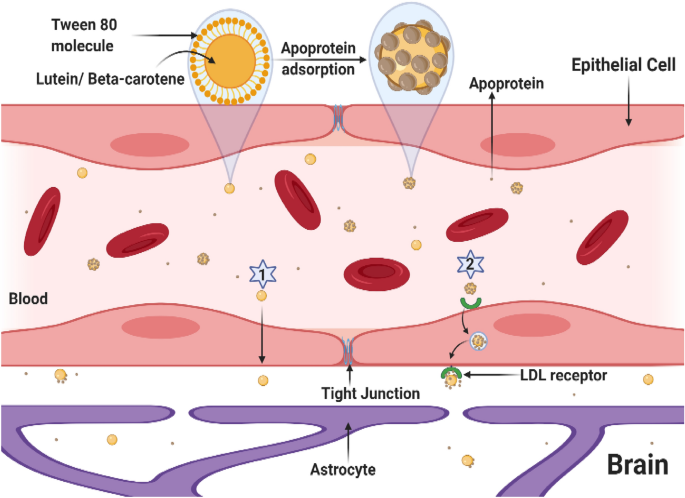
Why Beta-Carotene is Valued in Cosmetics
The cosmetic industry turns to beta-carotene for several reasons:
Antioxidant Protection: Shields skin cells from oxidative damage that leads to premature aging.
Provitamin A Source: Converts to vitamin A in the skin, promoting repair and rejuvenation.
Natural Pigmentation: Provides vibrant coloring for creams, serums, and makeup products.
Skin Nourishment: Supports hydration, elasticity, and smoothness.
Marketing Appeal: As a natural, plant-based compound, beta-carotene aligns with the growing demand for clean, sustainable beauty products.
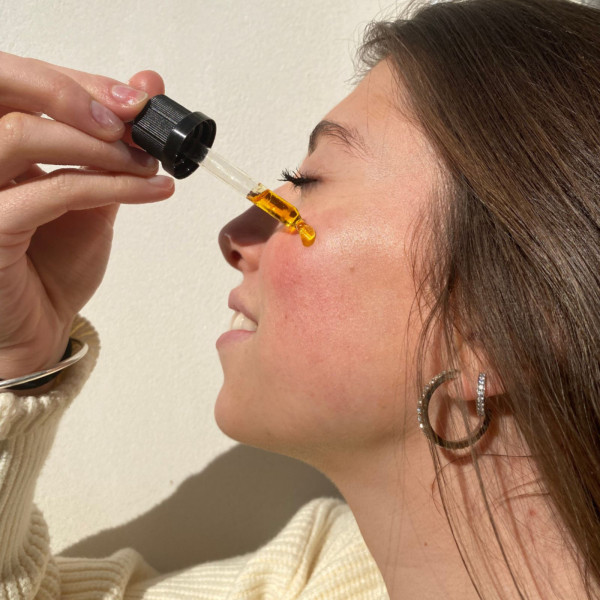
Cosmetic Applications of Beta-Carotene
1. Skincare Products
Beta-carotene is widely incorporated into skincare formulations for its dual role as an antioxidant and a precursor to vitamin A.
Anti-aging creams & serums: By combating free radicals, beta-carotene slows the appearance of fine lines and wrinkles. Its vitamin A conversion supports collagen synthesis, improving skin firmness.
Moisturizers: It enhances hydration by protecting lipids in the skin barrier.
Brightening products: Beta-carotene helps restore a radiant, even complexion.
Sun care formulations: Though not a sunscreen, beta-carotene offers supplemental photoprotection by reducing UV-induced oxidative damage.
2. Makeup Formulations
As a natural pigment, beta-carotene is used in:
Foundations & BB creams – to provide a warm undertone.
Lipsticks & tinted balms – offering both color and antioxidant support.
Blushes & bronzers – delivering a natural orange-red hue.
3. Haircare Products
Oxidative stress affects not only the skin but also the hair and scalp. Beta-carotene’s antioxidant properties make it beneficial in:
Shampoos & conditioners: Protects hair fibers from environmental stressors.
Scalp serums: Supports a healthy scalp by reducing oxidative damage and promoting balanced oil production.
Hair masks: Enhances shine and strengthens hair strands.
4. Body Care Products
Beta-carotene is infused into body lotions, creams, and oils for its ability to nourish and protect the skin, leaving it supple and radiant.
5. Natural Coloring Agent
In addition to functional benefits, beta-carotene serves as a safe natural coloring for creams, soaps, and balms. With clean beauty on the rise, replacing synthetic dyes with plant-based alternatives makes beta-carotene a highly marketable ingredient.
The Science Behind Beta-Carotene’s Cosmetic Benefits
Antioxidant Mechanism
Free Radical Neutralization: Beta-carotene donates electrons to neutralize unstable molecules.
Singlet Oxygen Quenching: It protects lipids in cell membranes from oxidative damage.
Vitamin A Conversion
Inside the skin, beta-carotene can be enzymatically converted into retinol, supporting:
Cell regeneration
Collagen production
Epidermal repair
This dual mechanism explains why beta-carotene is regarded as both a protective and restorative ingredient in cosmetics.
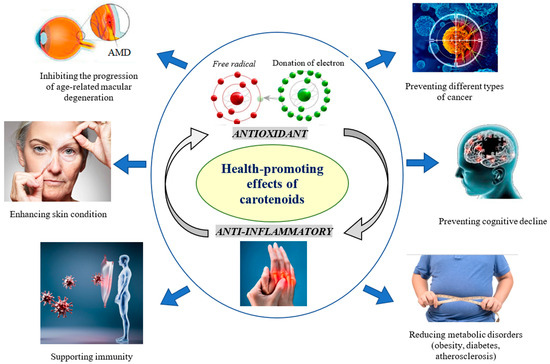
Benefits of Beta-Carotene in Cosmetics
1. Anti-Aging Protection
By reducing oxidative stress, beta-carotene prevents the breakdown of collagen and elastin, keeping skin firm and youthful.
2. UV Protection Support
Though not a substitute for sunscreen, beta-carotene contributes to defense against UV-induced oxidative damage.
3. Skin Brightening & Radiance
Its pigmentation and antioxidant properties give the skin a natural, healthy glow.
4. Enhanced Hydration
Beta-carotene protects the skin’s lipid barrier, preventing transepidermal water loss.
5. Hair & Scalp Health
It reduces oxidative stress on hair follicles, supporting stronger, shinier hair.
6. Safe, Natural Coloring
As consumer demand shifts toward clean-label cosmetics, beta-carotene provides a plant-based alternative to synthetic dyes.
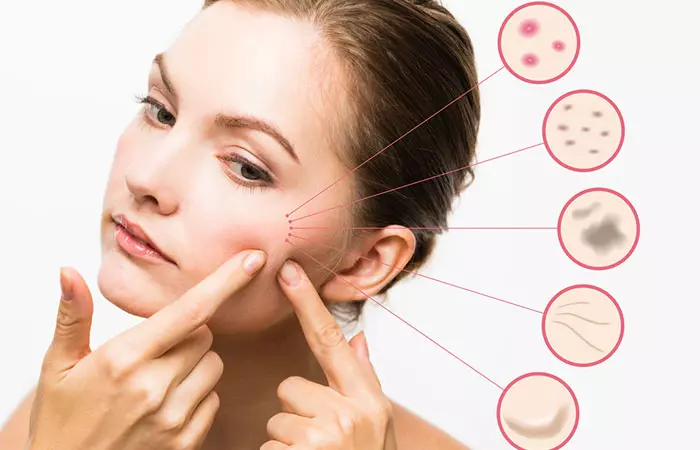
Industrial and Commercial Applications
Cosmetic manufacturers use beta-carotene in various forms:
Beta-carotene powder – used in dry formulations like face masks.
Beta-carotene oil dispersions – added to creams, serums, and lotions.
Encapsulated beta-carotene – provides stability in formulations sensitive to oxidation.
These innovations allow formulators to preserve potency and ensure long shelf life.
Future Trends of Beta-Carotene in Cosmetics
As clean beauty, sustainability, and multifunctional ingredients dominate consumer preferences, beta-carotene is expected to play an even greater role in the cosmetic market. Key trends include:
Encapsulation technology: Improving stability and controlled release.
Combination formulations: Blending beta-carotene with other antioxidants like vitamin C, vitamin E, and polyphenols for synergistic effects.
Nutricosmetics: Oral beta-carotene supplements marketed for skin glow and photoprotection, bridging the gap between beauty and nutrition.
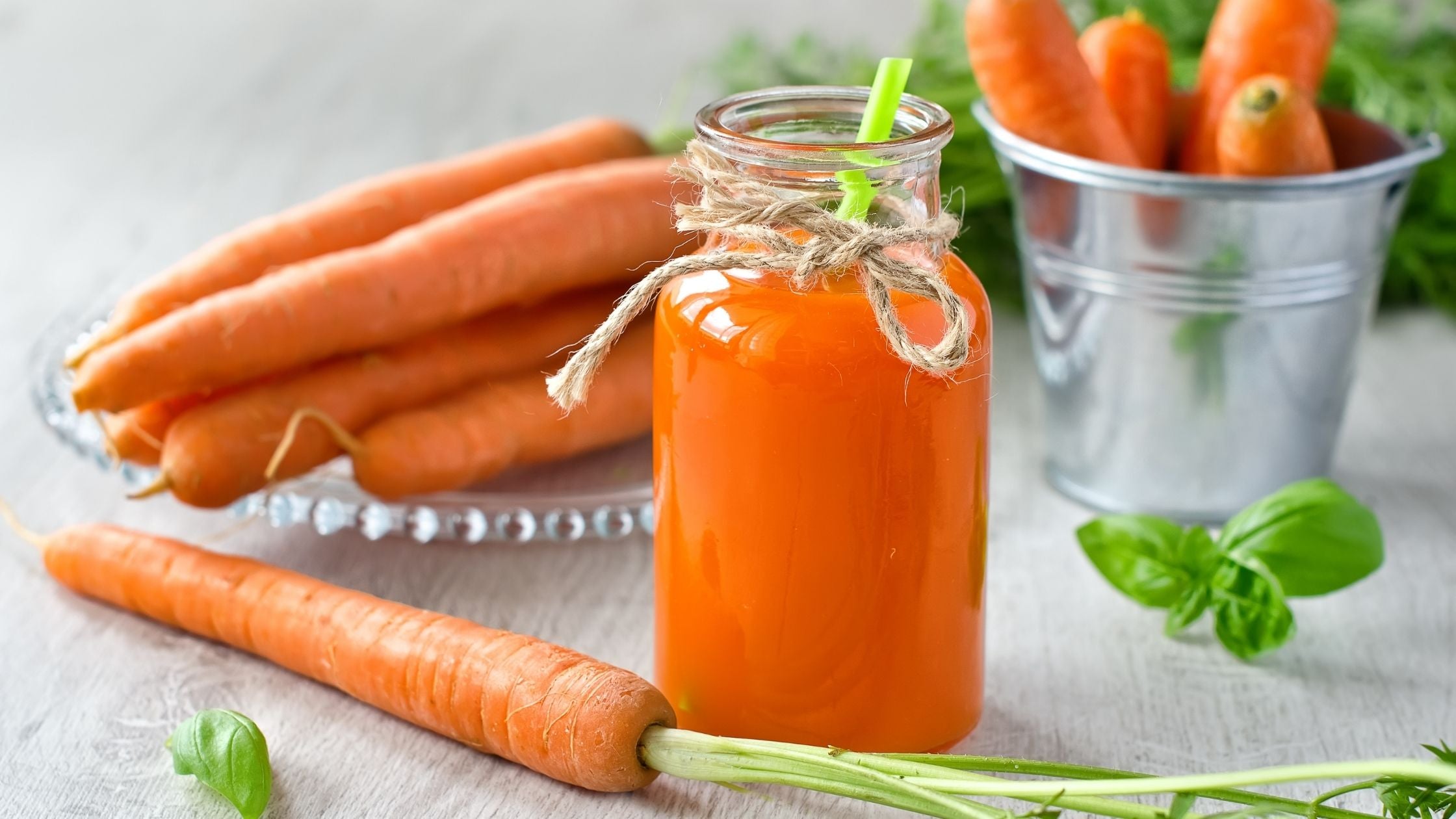
Conclusion
So, what is beta-carotene used for in cosmetics? The answer is—a lot. It functions as an antioxidant, a skin-protecting nutrient, a natural colorant, and even a haircare enhancer. Its ability to both protect against free radicals and convert into vitamin A makes it one of the most versatile ingredients in the cosmetic industry.
From anti-aging serums and moisturizers to shampoos, lipsticks, and body lotions, beta-carotene continues to establish itself as a clean, natural, and highly beneficial compound in modern formulations. As consumers demand transparency, plant-based solutions, and multifunctionality, beta-carotene will remain a vital ingredient at the intersection of health and beauty.
Send Inquiry
Related Industry Knowledge
- Yeast Beta-Glucan: What is it & How is it Beneficial?
- Wheatgrass powder
- Turmeric with Black Pepper: Ginger Benefits
- Chlorella vs. Chlorophyll: Understanding the Differences and Benefits
- What is the difference between spirulina and phycocyanin?
- How Ginseng Extract Powder Boosts Brain Power Naturally
- Does Apple Cider Vinegar Go Bad?
- The function and application of Yeast Extract GlutathioneYeast Extract Glutathione
- How Eicosapentaenoic Acid Works in the Body
- Turmeric Powder for Health Benefits



